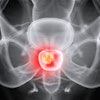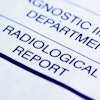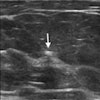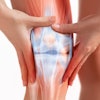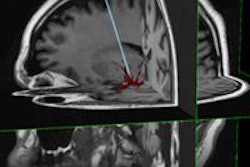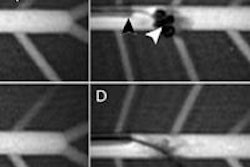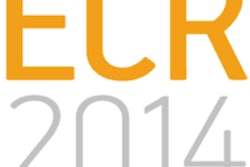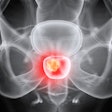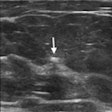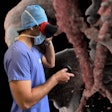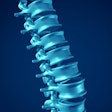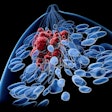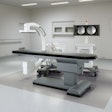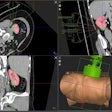Dear AuntMinnie Member,
The U.S. Food and Drug Administration (FDA) today took a strong stand against keepsake fetal ultrasound -- the practice of acquiring ultrasound scans of unborn babies as family souvenirs rather than for medical purposes.
A cottage industry of keepsake ultrasound clinics has sprung up for parents who want a unique memento of their pregnancy. Such scans are typically provided outside of medical environments and are largely unregulated.
Keepsake ultrasound has been tied to a number of controversial practices, such as fetal gender abortions in Canada, and two Canadian medical societies issued statements against the scans earlier this year. In Australia, a keepsake clinic has been charged with selling generic online images to women rather than scans of their own fetuses.
In its consumer update warning, the FDA noted that patients should only receive ultrasound scans based on medical need. The question is whether the agency will seek the regulatory authority to start shutting down providers of keepsake ultrasound.
Read more by clicking here, or visit our Ultrasound Community at ultrasound.auntminnie.com.
CT and emphysema risk
Individuals with emphysema at CT have a greater risk of dying earlier compared to those without the disease, according to a new study published yesterday in the Annals of Internal Medicine.
The findings apply even to people who have no evidence of chronic obstructive pulmonary disease (COPD) or airflow obstruction, concluded researchers from Columbia University who analyzed data from the Multiethnic Study of Atherosclerosis (MESA).
The findings are significant because COPD is the third leading cause of death in the world. Emphysema in heavy smokers has been linked to higher mortality, but little research has been done on the prognosis of those with emphysema but no evidence of COPD.
Learn more about the study by clicking here, or visit our CT Community at ct.auntminnie.com.
Tomo and biopsies
Does digital breast tomosynthesis reduce some of the harms of breast screening -- particularly the need for follow-up tests?
Researchers from Yale University presented research to that effect at the RSNA 2014 meeting earlier this month. They reviewed screening mammography exams performed over a 30-month period in which tomosynthesis was increasingly used for diagnostic workup.
The number of screening exams characterized as suspicious and requiring follow-up -- BI-RADS 3 -- fell as the number of exams assessed as benign -- BI-RADS 1 or 2 -- increased, the group found. The positive predictive value of biopsies also increased over this period.
The changes indicate that workup with tomosynthesis improves diagnostic accuracy and confidence, the authors believe, with fewer patients requiring biopsy -- an oft-cited "harm" of screening. Learn more by clicking here, or visit our Women's Imaging Community at women.auntminnie.com.
